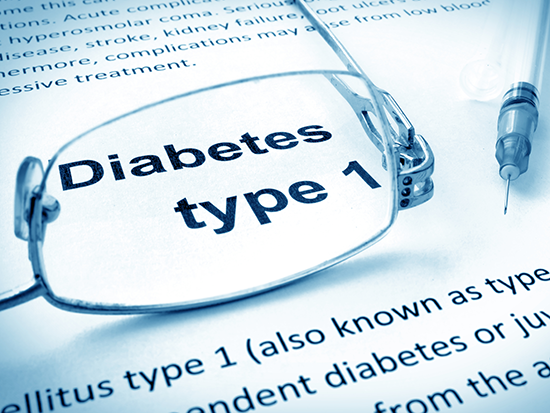In 2012, University of Alabama at Birmingham researcher Anath Shalev, M.D., reported that a decades-old blood pressure medication called verapamil completely reversed diabetes in animal models. In 2018, the team had translated these findings into a randomized, controlled, clinical trial, demonstrating significantly improved beta cell function for one year in human subjects with recent onset Type 1 diabetes. By last year, in a small follow-up study, Shalev and colleagues had found that adult Type 1 diabetes patients taking oral verapamil required less daily insulin and showed evidence of beneficial immune modulation for as long as two years after first diagnosis.
Now UAB researchers, led by Guanlan Xu, Ph.D., and Shalev drilled down further into the mechanism underlying verapamil’s beneficial effect. In a paper published in Diabetes, they show that, in Type 1 diabetes patients, verapamil prevented the decline of the hormone insulin-like growth factor 1, or IGF-1, as compared to controls who did not take verapamil. They also found that verapamil promotes IGF-1 signaling in pancreatic beta cells.
Type 1 diabetes is an autoimmune disease that causes loss of the pancreatic beta cells that produce insulin. To replace that insulin — the hormone that helps control blood sugar — patients must take exogenous insulin by shots or a pump and are at risk of dangerous low blood sugar events. There is no current oral treatment for this disease.
Besides Shalev’s adult study, a recent independent study of children with Type 1 diabetes has also confirmed that verapamil preserves beta cell function, compared with children not taking verapamil.
In the Diabetes study, Xu, Shalev and colleagues did a global proteomics study analysis of serum samples from Shalev’s adult study both at baseline and at one year of receiving verapamil or a placebo. They found 59 proteins showed significant changes in abundance over time, and one of the top five differentially changed proteins was IGF-1. The placebo group showed a significant decline of IGF-1 from baseline to one year, but that decline was blunted in the verapamil group.
Others have found that serum IGF-1 correlates with residual beta cell function, a correlation the UAB researchers also found for the verapamil group, as measured by retention of the ability to produce endogenous insulin by the beta cells that are located in pancreatic islets.
